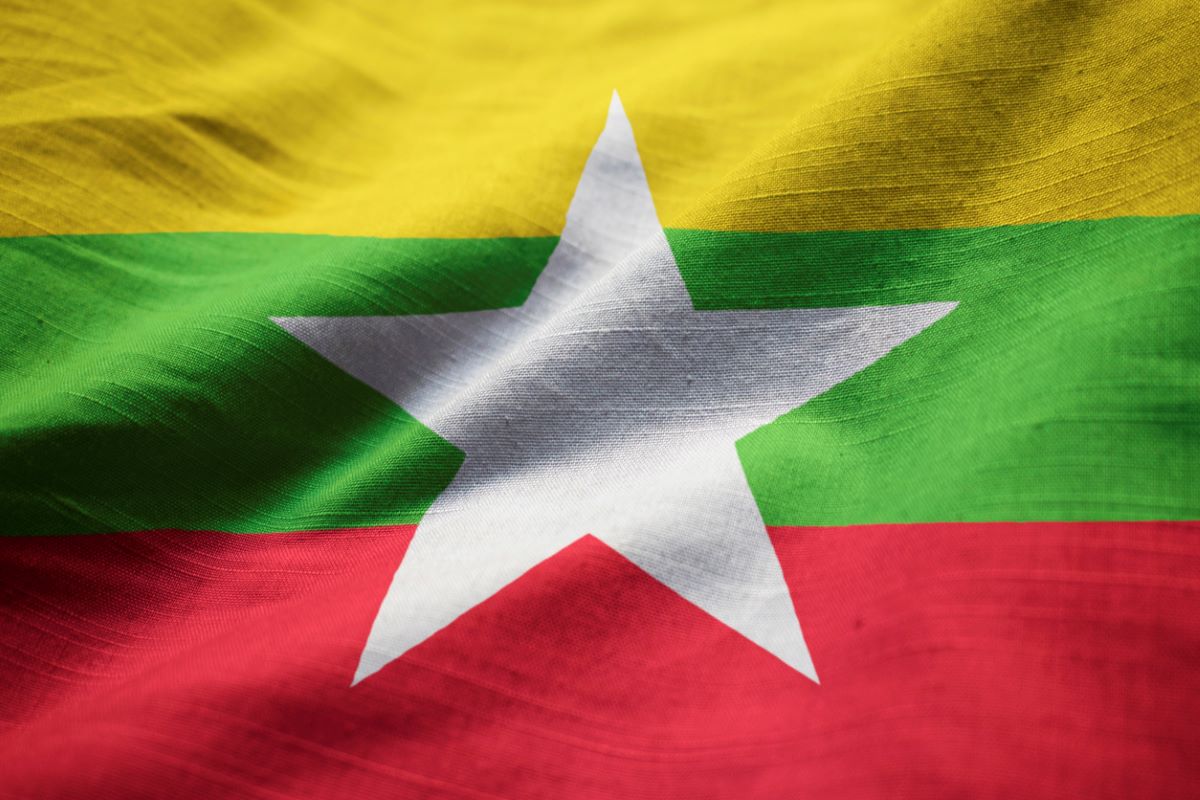Election Farce
Four years after seizing power in a coup, Myanmar’s military rulers continue their desperate yet failing bid to tighten their grip, this time by extending emergency rule under the pretext of preparing for elections.
While the court is yet to respond to the nature of Myanmar’s representation at the hearings, “there is little doubt that if it is the junta that is in court, this is not something that should be taken to confer legitimacy on the junta this is not something that should be taken to confer legitimacy on the junta,” is the reaction of the Global Justice Centre.

Representational image /Myanmar (file photo)
It is early days and therefore presumptuous to aver that there may be hope yet for the Rohingyas in what has come to be known as the genocide case. Gambia, a tiny country in Africa, has come to the rescue of the persecuted segment from Myanmar. It has acted on behalf of the organisation of Muslim nations that have accused Myanmar of genocide in course of its crackdown on Rohingyas.
The case will come up before the highest court of the United Nations, preeminently the International Court of Justice. The hearing is scheduled to start in the backdrop of questions on whether the country’s rulers, such as they are, should even be allowed to represent it. The aspersion is distinctly on the omnipotent junta.
Advertisement
In August 2017, Myanmar’s military launched what it called a “cleansing campaign” in the country’s west in response to an attack by a Rohingya insurgent group. The campaign forced more than 700,000 Rohingyas to flee to neighbouring Bangladesh. There were allegations that security forces had committed mass rape and killings, apart from setting thousands of homes on fire.
Advertisement
The comity of nations must give it to Gambia that it called the campaign against Rohingyas a breach of the genocide convention, arguably a statement of fact that was couched in the demand that it wanted the international court to hold Myanmar responsible. The person who led Myanmar’s defence in court was none other than the “icon of democracy” ~ Aung San Suu Kyi ~ who now languishes in prison after being convicted on allegedly trumped up charges. Critics of the military rulers contend that the National Unity Government ~ a shadow of civilian administration ~ ought to represent the country at hearings in The Hague.
The group says it has appointed an “acting alternate agent”, notably the UN ambassador, Kyaw Moe Tun, and is also withdrawing the country’s preliminary objections. The tragedy must be that what is deemed to be preliminary can turn out to be enduring or in the dubious realm of present continuous. “This is a shameful double whammy.
Myanmar is being represented at the ICJ by people who have been sanctioned for gross human rights abuses and violating the rule of law,” is the reaction of Chris Gunness, director of the Myanmar Accountability Project. “But in any case, this illegal junta should not be representing Myanmar.”
While the court is yet to respond to the nature of Myanmar’s representation at the hearings, “there is little doubt that if it is the junta that is in court, this is not something that should be taken to confer legitimacy on the junta this is not something that should be taken to confer legitimacy on the junta,” is the reaction of the Global Justice Centre.
It bears recall that during public hearings in 2019, lawyers representing Gambia had showed judges maps, satellite images and graphic photos to substantiate the charge of genocide. As it turns out, ever since that ruling three years ago, the military has seized control of Myanmar. Suu Kyi is today a prisoner of the junta.
Advertisement